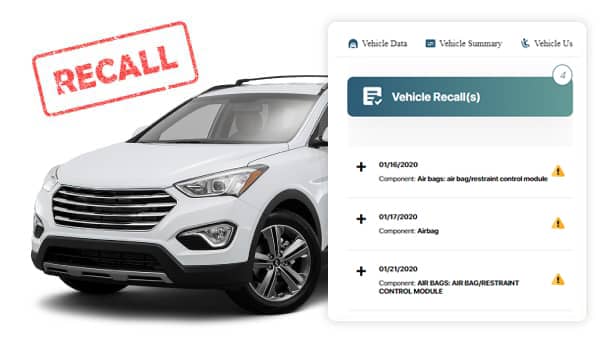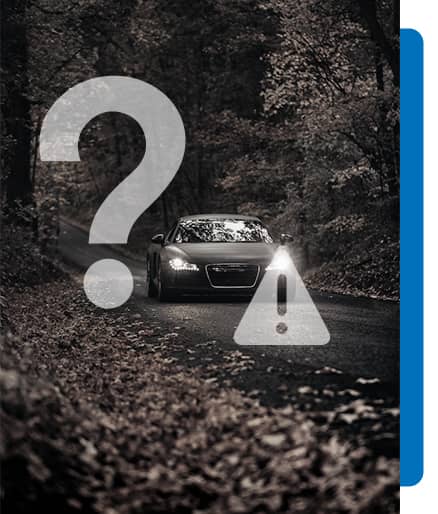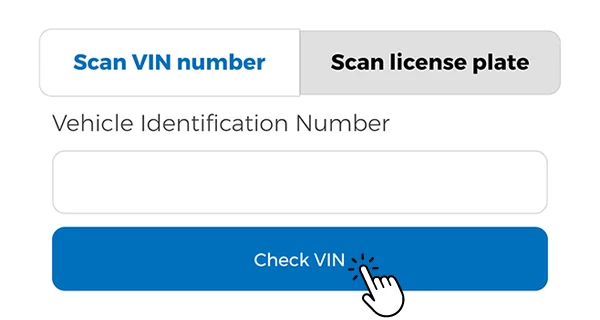Vehicle recall check helps you stay safe!
What does an open vehicle safety recall mean?
Types of vehicle Recalls:
- Mandatory Recalls: When the National Highway Traffic Safety Administration (NHTSA) determines safety-related defects, mandatory recalls are enforced by NHTSA.
- Voluntary Recalls: This is issued by auto manufacturers when they become aware of safety-related issues.
- Technical Service Bulletins A Technical Service Bulletin (TSB) Is an alert from the auto manufacturer to the dealerships when a known issue exists in a particular vehicle or group of the same vehicles.

Why do you need to run a Recall Check?
- Proper fixing of electromechanical faults
- To know to understand the manufacturer’s stand on matters concerning safety
- To ensure the safety of yourself and your loved ones
When it comes to vehicle safety, conducting an open recall check is a crucial step for any responsible owner. A safety recall check ensures that your car is free from any known defects that could pose risks to you or other road users. To get a comprehensive view of your vehicle’s past, it’s essential to look into detailed vehicle history reports. Beyond the vehicle itself, don’t forget about essential components like your tires and car seats. Regular tire recall checks and car seat recall checks are essential for ensuring your entire driving experience is secure. Stay informed about your recall history check to keep your vehicle and its components in top-notch condition.
List of Supported Make

FAQ
Why do you need to run a Recall Check?
- Cars might be recalled for the following reason:
- Airbag related problems
- Glass roofs detachment and shattering
- Fuel leakage
- Detachment of pedals
- Electrical short circuit
- Brake failures
How to check for any recall?

More information on vehicle safety recalls
Sometimes repairs with a TSB are free but you should be aware of possible changes that may occur. Your car warranty may cover the TSB, but if you are not aware of TSB and the warranty has ended you may have to pay for the repairs yourself.
When it comes to the safety and reliability of your vehicle, conducting an open recall check is a fundamental step in responsible vehicle ownership. A safety recall check allows you to access a detailed vehicle history to ensure that your car is free from any outstanding recalls or safety issues. Don’t forget to perform a tire recall check as well, as maintaining the integrity of your tires is crucial for safe driving. Additionally, for families with young children, a car seat recall check is essential to guarantee that your child’s car seat meets all safety standards. Regularly conducting a recall history check ensures that you can drive with confidence, knowing that your vehicle and its components are up-to-date and in compliance with safety regulations.

